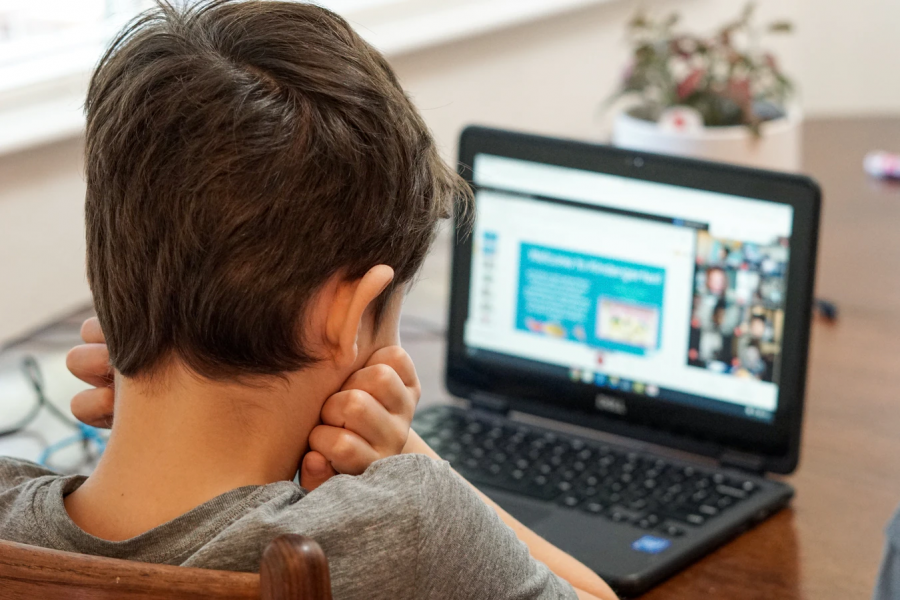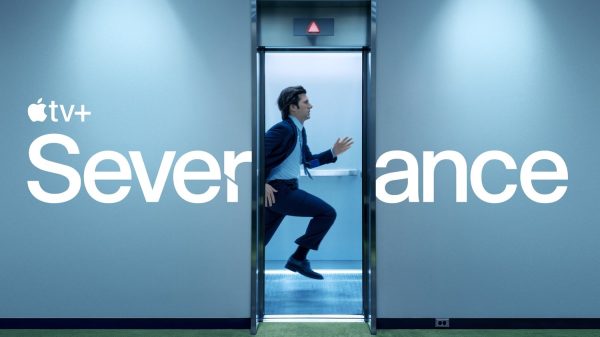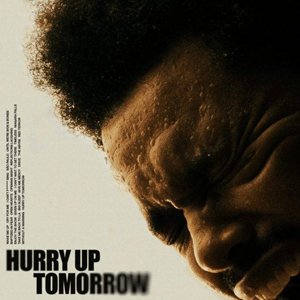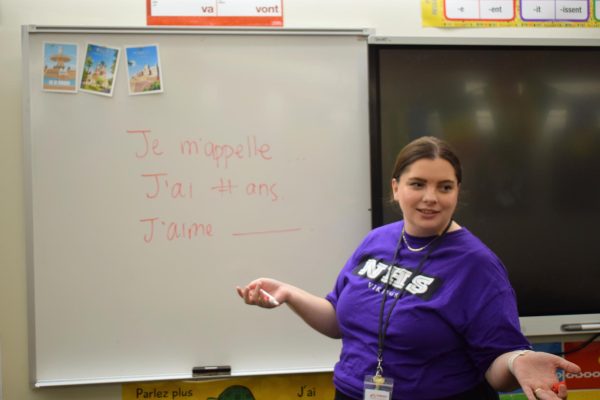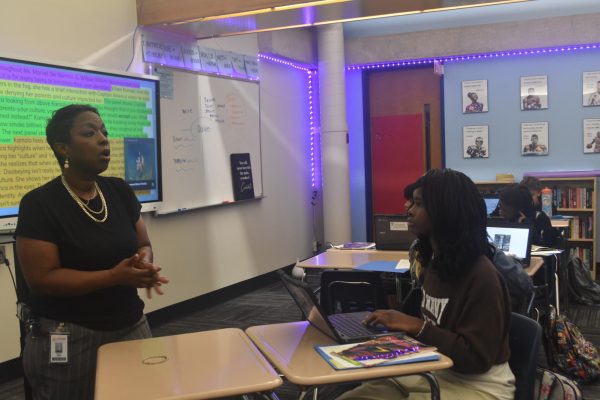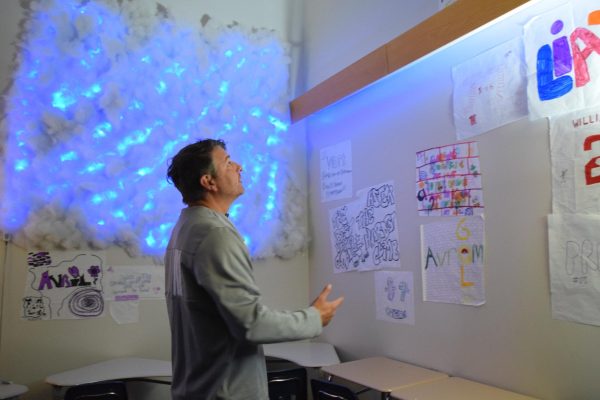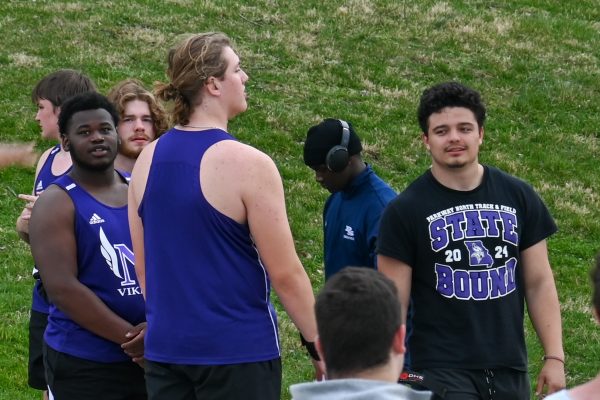Lights, Camera?, Action
After almost three months of Distance Learning, an issue still lingers: camera usage during Zoom classes. Although teachers can’t force students to turn their camera on, most prefer them on for the student’s quality of education while most students prefer to have their cameras off, creating a conflict of interest. Since there are many factors related to why a student may have a camera off, teachers should respect students’ choice.
“I think it’s important for teachers to communicate how helpful [cameras are] towards making a connection, to get that critical non-verbal feedback, and to help create an engaging classroom environment. It will always remain important to hold that up as the desired goal. That said, I also understand there can be a number of factors that keep students from feeling comfortable leaving their cameras on,” said social studies teacher Scott Moeller.
One of the biggest reasons teachers want cameras on is to get feedback from students and gauge their understanding. Although teachers can use cameras to their advantage, students may not feel comfortable or be in the position to keep their camera on for the entire day.
“I would prefer if I didn’t have to [keep] my camera on as it’s sort of an annoyance since having my camera on doesn’t improve my ability to do schoolwork,” said junior Leandy Rodriguez.
Instead of reading the students’ understanding through their facial expressions and non-verbal feedback, teachers are forced to use the chat and non-verbal reactions, like the thumbs up feature, in Zoom.
Furthermore, having younger siblings, pets and parents who are working, talking or just standing in the background can be a distraction to others in the Zoom meeting. Students may be more focused on what is happening in someone else’s household than on the lesson that is being delivered. This can also be embarrassing for students who don’t want people to know about their home life or want that attention.
Others feel the rule for cameras should be altered so that they are required during tests, quizzes or when necessary to prevent cheating. While this helps teachers keep an eye on students and check their behavior, students may feel self-conscious and do poorly on a test as a result.
“I haven’t felt personally attacked at any time, but I have some friends who kept getting asked to turn their camera on when they were being talked to by a parent or [their] internet was slow,” said sophomore Anushka Dave.
The only reason a camera should be active is if it’s helping the student focus since it’s their education. Requiring the camera to be on doesn’t help all students but does help some.
“[Keeping my camera on] doesn’t benefit me since I keep the lights off and you can’t see me either way… I’m indifferent if they’re required but I prefer them not to be,” said Rodriguez.
“I focus better with my camera on because it’s easier to get distracted with the camera off. I feel like it really depends on the person and how they learn best,” said Dave.
Making a connection with their students is another reason teachers want cameras on. It’s not easy to connect with a blank screen.
However, just because a camera isn’t on doesn’t mean the student isn’t connected or paying attention. Perhaps they know that their internet connection is bad and they will get frustrated with the camera because it will freeze. Instead of focusing on making a connection with others, they’re focusing on their internet connection.
Since forcing students to have their camera on isn’t an option, a good alternative for teachers to make connections with the students is giving quick polls in Zoom to begin or end class. Another strategy teachers could implement is hosting a theme each week so students could show their personality through photos that they share during class.
Teachers keeping their camera on is a different story simply because they’re the ones relaying the information to the students.
“[Keeping my camera on during class] helps a lot. Even in small doses, it helps remind me there are live humans on the other end of the call. It can give me and everyone in the call that nice boost of positive energy,” said Moeller.
Having an eye on you during school is still an issue of privacy for some people, but it varies from person to person. Some students may have distractions in the background, may get anxious thinking everyone is looking at them or may be just having a bad hair day. Everyone has a unique reason for why they prefer their camera off so the school shouldn’t force anyone to turn on their cameras. If it helps the student learn, then let them decide for themselves to turn on the camera.
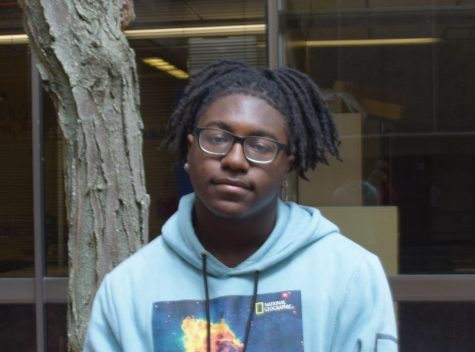
Hi, my name is Jalen Williams, and this is my second year in Newspaper. I really love working with technology and learning about our community via the...


